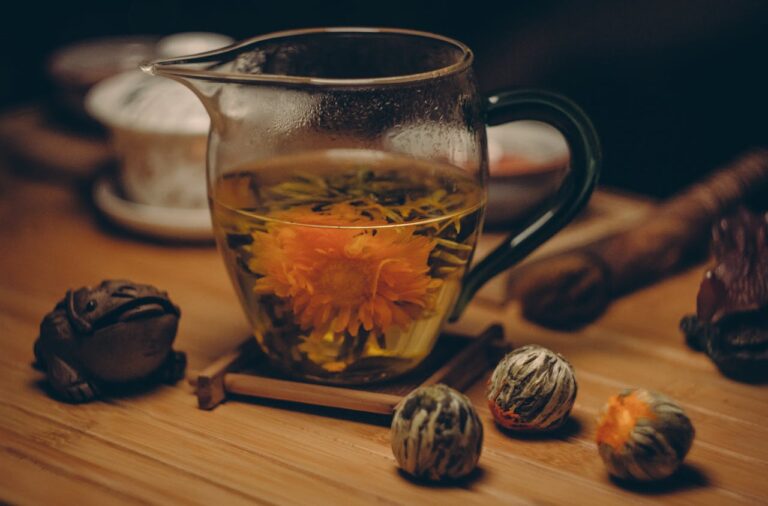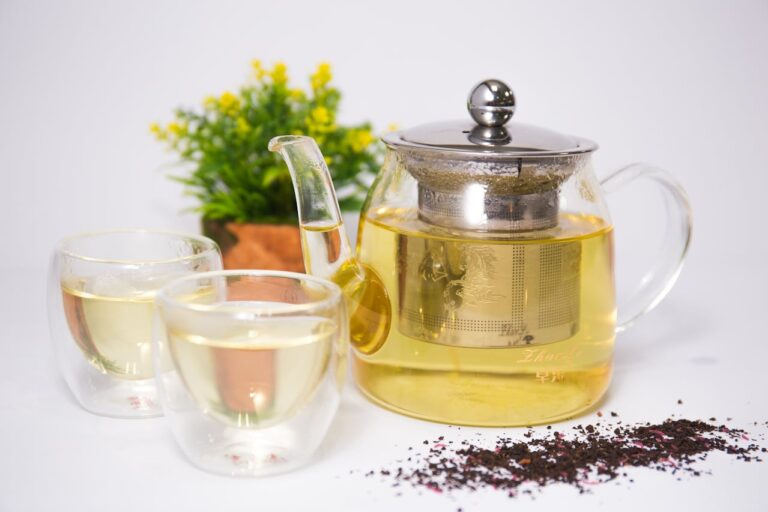Autoimmune conditions are on the rise, affecting millions of people worldwide. These chronic disorders occur when the immune system mistakenly attacks the body’s own tissues, leading to inflammation, pain, and a host of debilitating symptoms. Conventional treatments often focus on managing symptoms with medications that may have side effects, leaving many people searching for natural solutions.
If you’re struggling with an autoimmune condition, you might feel frustrated, exhausted, and unsure of how to regain control over your health. The good news is that nature provides us with powerful tools to help reduce inflammation and support immune balance. In this article, we’ll explore how anti-inflammatory herbs can be a game-changer for those dealing with autoimmune disorders.
Understanding Autoimmune Conditions and Inflammation
Autoimmune diseases like rheumatoid arthritis, lupus, multiple sclerosis, and Hashimoto’s thyroiditis all share a common root cause—chronic inflammation. When the immune system becomes overactive, it triggers inflammation that damages tissues and organs over time.
Common symptoms of autoimmune conditions include:
- Chronic fatigue
- Joint and muscle pain
- Brain fog
- Skin rashes
- Digestive issues
- Hair loss
While genetics can play a role, research suggests that diet, lifestyle, and environmental factors significantly influence autoimmune conditions. One of the most effective ways to manage and even reverse symptoms is by reducing inflammation naturally.
The Power of Anti-Inflammatory Herbs
Certain herbs have been used for centuries to combat inflammation, modulate immune function, and support overall well-being. Here are some of the most powerful anti-inflammatory herbs to consider incorporating into your routine:
1. Turmeric (Curcuma longa)
Turmeric is one of the most well-researched anti-inflammatory herbs. Its active compound, curcumin, has been shown to regulate immune responses and reduce inflammatory markers in the body.
How to use it:
- Add turmeric powder to soups, smoothies, or teas.
- Take a high-quality curcumin supplement with black pepper (piperine) for better absorption.
2. Ginger (Zingiber officinale)
Ginger contains powerful bioactive compounds like gingerol, which have anti-inflammatory and antioxidant properties that can help soothe joint pain and digestive issues associated with autoimmune diseases.
How to use it:
- Drink fresh ginger tea daily.
- Add grated ginger to stir-fries, soups, or juices.
3. Boswellia (Boswellia serrata)
Also known as Indian frankincense, Boswellia has been shown to reduce inflammation and support joint health, making it especially beneficial for conditions like rheumatoid arthritis.
How to use it:
- Take a standardized Boswellia supplement.
- Use Boswellia resin in herbal teas or tinctures.
4. Ashwagandha (Withania somnifera)
Ashwagandha is an adaptogenic herb that helps regulate immune responses and reduce stress-induced inflammation, which can be a major trigger for autoimmune flare-ups.
How to use it:
- Take Ashwagandha capsules or powder.
- Blend it into smoothies or warm drinks for a calming effect.
5. Green Tea (Camellia sinensis)
Green tea contains polyphenols like EGCG (epigallocatechin gallate), which help modulate immune function and reduce systemic inflammation.
How to use it:
- Drink 2-3 cups of green tea daily.
- Take a green tea extract supplement for higher potency.
6. Milk Thistle (Silybum marianum)
Milk thistle is known for its liver-supporting properties, which can be beneficial for people with autoimmune conditions, as the liver plays a key role in detoxification and immune regulation.
How to use it:
- Drink milk thistle tea.
- Take a milk thistle supplement for liver support.
Additional Lifestyle Strategies for Autoimmune Health
While herbs can play a powerful role in managing autoimmune conditions, they work best when combined with other lifestyle changes:
🌿 Adopt an Anti-Inflammatory Diet
- Focus on whole, nutrient-dense foods like leafy greens, fatty fish, nuts, and seeds.
- Avoid processed foods, refined sugars, and inflammatory oils.
😴 Prioritize Sleep & Stress Management
- Practice relaxation techniques like meditation, deep breathing, and gentle yoga.
- Ensure you get 7-9 hours of quality sleep each night.
🚶 Incorporate Gentle Movement
- Engage in low-impact exercises like walking, swimming, or tai chi to reduce stiffness and improve circulation.
Final Thoughts
Autoimmune conditions can be complex, but taking a natural approach through the use of anti-inflammatory herbs, dietary changes, and lifestyle adjustments can make a significant difference in managing symptoms and improving overall well-being. While herbs are powerful allies, it’s essential to consult with a healthcare professional before making any major changes to your routine.
Disclaimer: This article is for informational purposes only and is not intended as medical advice. Always consult a healthcare professional before starting any herbal or dietary regimen, especially if you have a diagnosed autoimmune condition or are taking medications.







